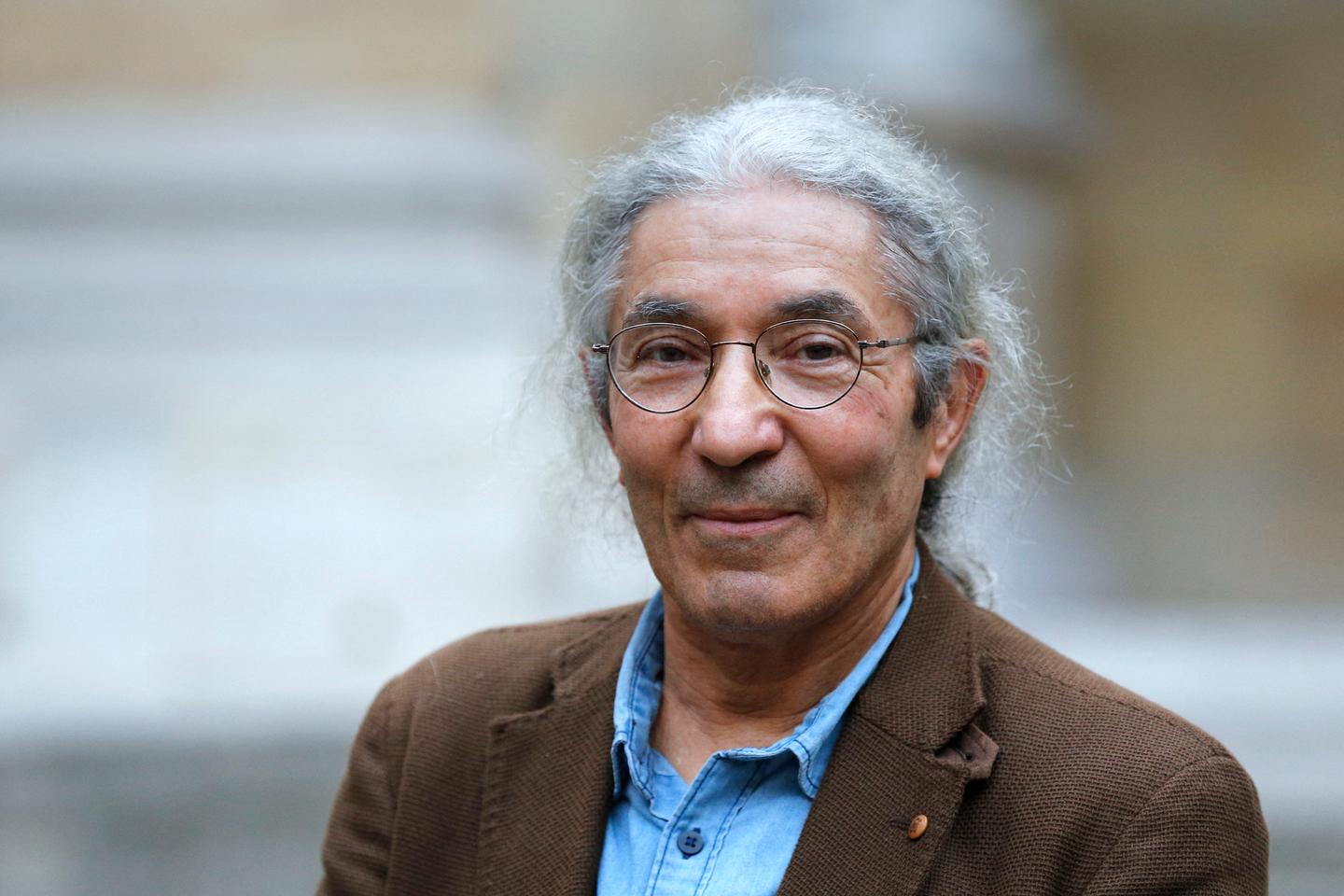


For a week now, family and friends have had no news of 75-year-old French-Algerian writer Boualem Sansal, who was arrested on November 16 upon his arrival in Algiers after a short stay in France. This silence raises questions and concerns. A free spirit who simultaneously embraced literature and dissidence against an Algerian regime accused of all kinds of wrongdoing and against religious obscurantism, Sansal has been using his pen as a sword for a quarter of a century. He already paid the price when he was dismissed from his responsibilities as a senior civil servant at the Ministry of Industry over 20 years ago.
Pending further information, his arrest may be linked to recent controversial statements made to the far-right French media outlet Frontières. In them, he backed the claim that Morocco was a kingdom amputated by colonial France in the 19th century of part of its territories to the benefit of what was to become Algeria many decades later, at the end of a horrific war of independence.
This provocation, in line with what has become the writer's guiding principle, coincided with the confirmation of France's endorsement, during President Emmanuel Macron's reconciliation visit to Rabat at the end of October, of Morocco's claim of sovereignty over the Western Sahara. This claim is vehemently contested by Algeria, which cut diplomatic ties with its neighbor in 2021.
The fact that Macron said on November 21 that he was "concerned" about the lack of news concerning the writer who lives in Boumerdès, some 50 kilometers from Algiers, should not serve as a diversion for the Algerian regime. Sansal must not become a pawn in the difficult relationship between France and Algeria. Enduring disputes are a matter for governments and their interests and for them alone. No individual should become a hostage to them.
Puzzling
Nor is the point that the criticisms of this little-known writer in his own country, where his books are not published, have won him the support of French public figures who are settling old quarrels by proxy, as well as more recent ones with Algeria or Islam, and that these figures are increasingly to be found on the far right of the political spectrum.
Sansal's arrest is all the more puzzling as it comes on the heels of the excellent news on November 1 of the release of journalist Ihsane El Kadi, imprisoned since late 2022. The head of one of Algeria's last privately-owned press groups, who was prosecuted for "foreign financing of his company" with the aim of "engaging in activities likely to undermine state security," was pardoned by President Abdelmadjid Tebboune in the wake of his re-election in September, under the conditions prevailing in Algeria for presidential elections.
This release, followed by that of a dozen well-known members of the Hirak protest movement born in 2019, which had precipitated the resignation of President Abdelaziz Bouteflika, raised hopes of a relative climate of appeasement. Any form of persecution against Sansal would dissipate it, without any discernible benefit for Algerian society.
